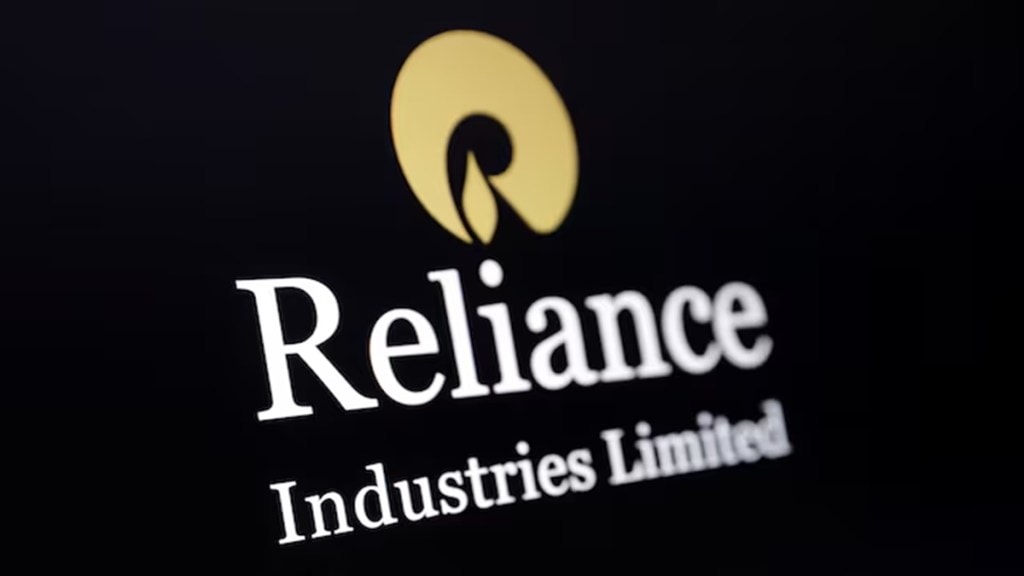The Delhi High Court has ruled in favour of the government in a gas migration dispute between ONGC and a Reliance Industries-led consortium. The ruling could impact India’s oil and gas sector and influence future contractual obligations for shared reservoirs, explains Arunima Bharadwaj
What was the gas migration dispute?
The dispute stems from a production-sharing contract (PSC) signed by a consortium led by Reliance Industries (RIL) with the Union government in 2000, securing rights to explore and extract natural gas from the Krishna Godavari (KG) basin, located off the coast of Andhra Pradesh. The contract covered various entitlements, responsibilities and revenue-sharing arrangements. The consortium commenced commercial production from the assets situated adjacent to state-owned ONGC’s Godavari petroleum and mining lease and the KG-DWN-98/2 block, in April, 2009. RIL then held 60% stake in the relevant KG-D6 block, BP Plc 30% and Niko Resources, 10%. The conflict arose when in 2013, ONGC claimed that RIL had illegally extracted natural gas from its blocks adjacent to the latter’s in the KG basin. The state-run company accused RIL of drilling wells near the boundaries of its hydrocarbon blocks which allowed gas to flow from ONGC’s fields to RIL’s KG-D6 block between 2009-2013, leading to the latter’s “unjust enrichment.”
What triggered the demand?
The petroleum and natural gas ministry raised the demand of $2.81 billion from the RIL-led consortium after the Delhi High Court (HC) in February 2025 overturned a 2018 international arbitration tribunal ruling that had favoured RIL in the gas migration dispute. In 2013, ONGC had first moved the Delhi HC seeking compensation for losses arising from the gas extraction. The Delhi HC directed the government to take a call basis of an independent study by global consultant DeGolyer and MacNaughton (D&M). The study confirmed reservoir connectivity between the two blocks. Following this, in 2016, the government raised a demand of $1.55 billion on RIL and its partners for sale of gas that allegedly migrated from ONGC’s block. RIL took the case to an international arbitration tribunal, which ruled in its favour in July 2018. A single judge of the Delhi High Court, in May 2023, dismissed the government’s appeal challenging the award. The government had then filed an appeal before the Division Bench of the Delhi High Court, which it finally won.
What did the Delhi HC say?
A division bench of the Delhi High Court comprising Justice Rekha Palli and Justice Saurabh Banerjee set aside a May 2023 single bench ruling as well as the arbitral award, saying these were “contrary to the settled position of law.” It held that the arbitral award in favour of RIL suffered from “patent illegality, and was violative of India’s public policy and the public trust doctrine. It also said that since RIL is an Indian entity and the respondent party is the government of India, the arbitration has to be treated as a domestic matter.
RIL had invoked the arbitration clause under the terms of the contract, seeking resolution through an international arbitration tribunal. In 2018, the arbitral tribunal had ruled in favour of RIL, rejecting the government’s claims and stating that the PSC did not prohibit contractors from extracting and selling gas that had migrated from an external source. However, in May 2023, the government again challenged the ruling, calling it a public policy violation and accusing RIL of accumulating wealth through fraudulent means.
Can arbitration awards be set aside?
The Supreme Court in numerous judgments has limited the scope for interference to an award by a Court under Section 34 or Section 37 of the Arbitration and Conciliation Act, 1996. However, certain grounds are still available under which an award can be set aside. One such ground is if the award is against public policy. Non-consideration of material evidence or ignoring the vital evidence is again a ground for setting aside an award.
Nilava Bandhopadhya, senior partner, S&A Law Offices, says it seems that in this matter, the Court has taken a view that not-examining the consequence of concealment of Degolyer and MacNaughton Reports 2003, 2004 and 2005 and accompanying documents by RIL, is so fatal that it goes to the root of the matter and the Award cannot sustain. After RIL’s win in 2018, the government in 2023 challenged the ruling, calling it a public policy violation.
What does this mean for RIL?
Reliance Industries has consistently denied allegations and claimed that it has operated within the terms of the contract. The company said that it is legally advised that the Division Bench judgement and this provisional demand are ‘unsustainable’. In a stock exchange filing, the company said it is taking steps to challenge the judgment of the Division Bench of the Delhi High Court and does not expect any liability on this account,. The company may seek to challenge it in the Supreme Court and if the order holds, the oil ministry will be able to enforce its claim of $2.81 billion against the company and its foreign partners.
Recently, for the first time, Reliance and its partner BP had joined hands with state-run ONGC to bid together for exploration of a block at the Gujarat-Saurashtra basin under the ninth round of oil and gas assets bidding under the Open Acreage Licencing Policy.
